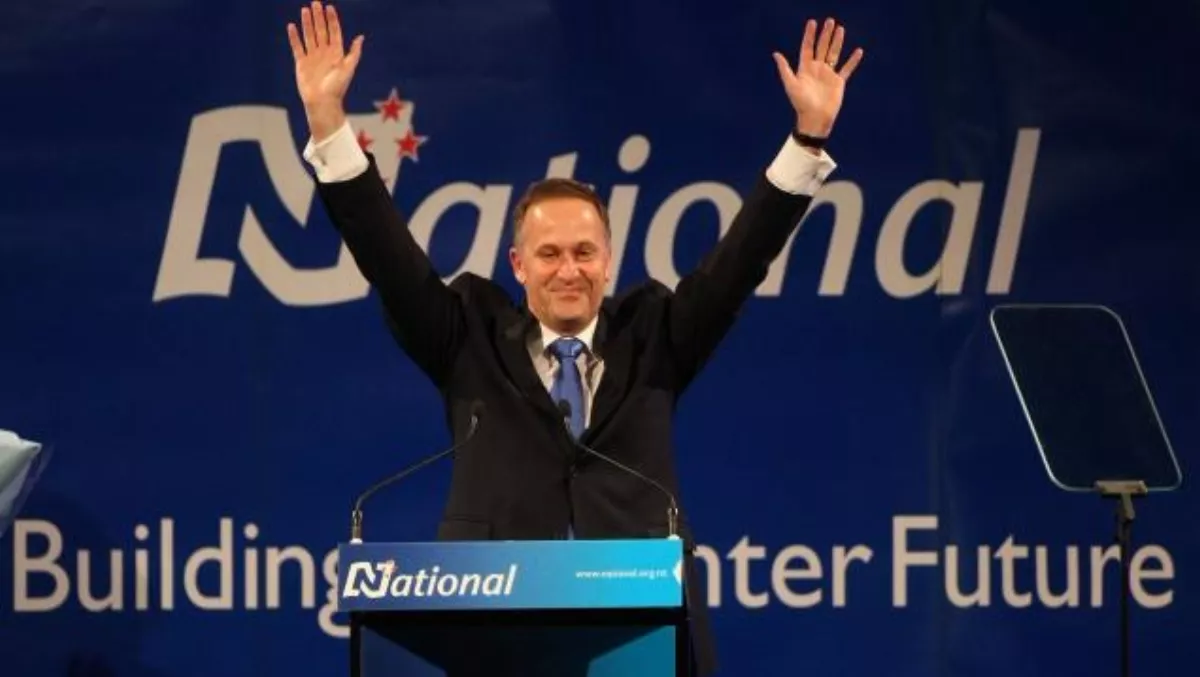
Post-election Facebook: all is not quiet.
This year’s election saw the biggest social media uproar I have ever seen in my voting life. It was great. I have never seen so many of my friends this involved, this vocal, this caring, about politics. I loved it.
Of course there were those who didn’t care and didn’t want a bar of it, asking everyone via their status updates to stop talking about “the stupid election”, but those people were mostly ignored. I was proud that regardless of what their views were, my friends were actively engaged in our country.
Now the elections are done for another three years, I was surprised to see how much people were still talking about it. Following National’s win, those who were anti voiced their disappointment in not only the election result, but also in the voters.
That got me thinking about what kind of election activity I was seeing on Facebook specifically. And it is pretty interesting.
I’ve noticed that left-wing supporters are far more vocal about their distaste for the right than right-wing supports are at all. While it seemed my Facebook demographic was left leaning, I know for a fact many of my friends voted right and yet none of them blatantly said so, whereas many of my friends plastered their support for the left all over Facebook.
It got me thinking about why. People were not only changing their Facebook profile photos to “I’m voting Green” or “I’ve voted Labour”, they were persistent in their National bashing. On the other side, not one of my friends changed their profile photo to “I’m voting National”. Not one.
As a side, I’m torn between this blatant show of who you’re voting for; on the one hand people should be confident and proud of who they vote for, while on the other, it worries me that in doing so will influence other people’s voting choices, with no real research.
I’ve thought over a few reasons why National supporters may not have done the profile photo thing, or not stood up online about who they are voting for. Why I didn't see anti-Labour or anti-Green hysteria online.
One of my theories is that perhaps National supporters don’t care enough about the left to get into it online. They know who they are voting for, they know why, and they don’t need to advertise it. Throughout the entire election, I saw so much anti-National sentiment online yet no pro-Labour or pro-Green. Everyone was telling me why I shouldn’t vote National but failed to tell me why I should vote for Labour or the Greens. As a result, if I weren’t doing my own research, I wouldn’t have known any of Labour’s policies.
My other theory was the backlash. There was so much National hate on Facebook that if I was going to vote National, I would be too scared of the possible abuse I would have received to tell anyone that I was going to. The amount of disappointment expressed through Facebook posts the day after the election made me feel like those people would delete you if they found out you voted for the right.
There were status updates saying that those who voted John Key were selfish, only cared about themselves, didn’t care about child poverty, “sucked”. I got into one argument because I had had enough of it; this generalisation about right supporters being selfish and only caring about money. It wasn’t fair. I said, people have their reasons for voting and you can’t sum up every voter based on what you think a party represents, whether you are right or left or whatever. That didn’t go down well until I said I didn’t vote for National. Suddenly, my “incredibly inaccurate statement” had more weight.
I wrote an article last week about how Facebook backlash could be censoring people; that they are too scared to say controversial statements because they fear their friends are going to attack them. It’s ridiculous. Haters gonna hate and everything, but instead of attacking people for their choices (and rights), why not engage in meaningful conversations about why they made those choices.


